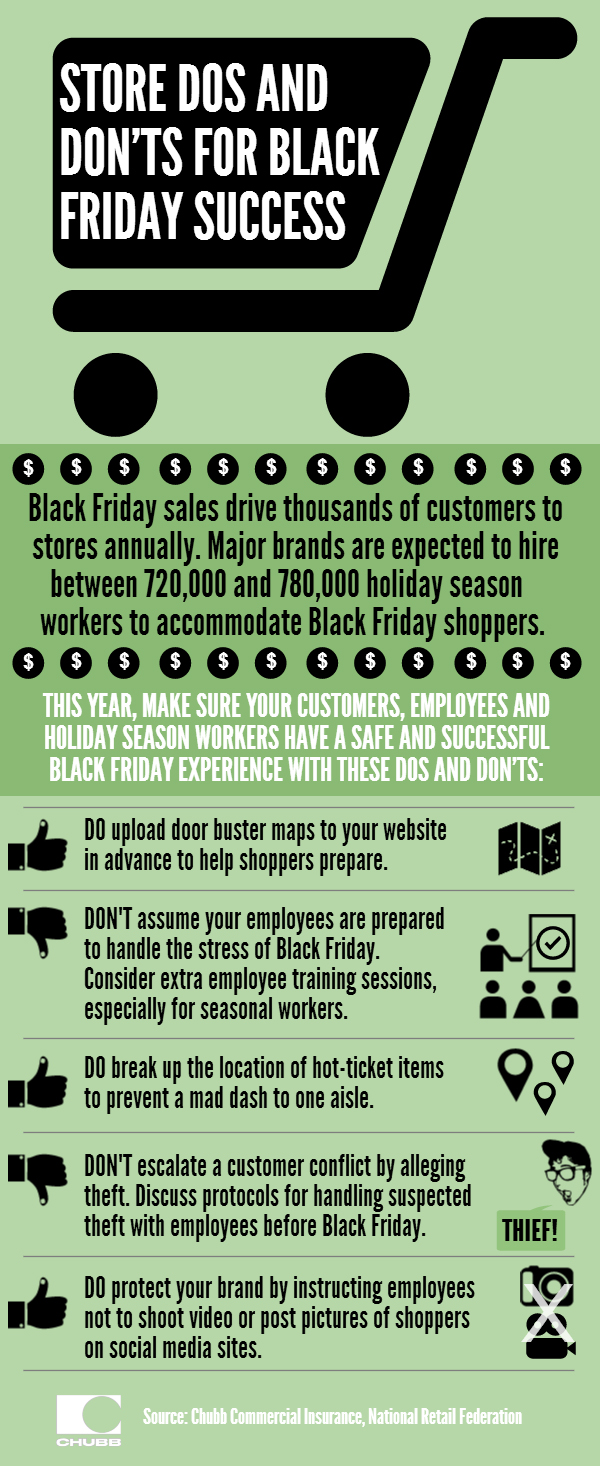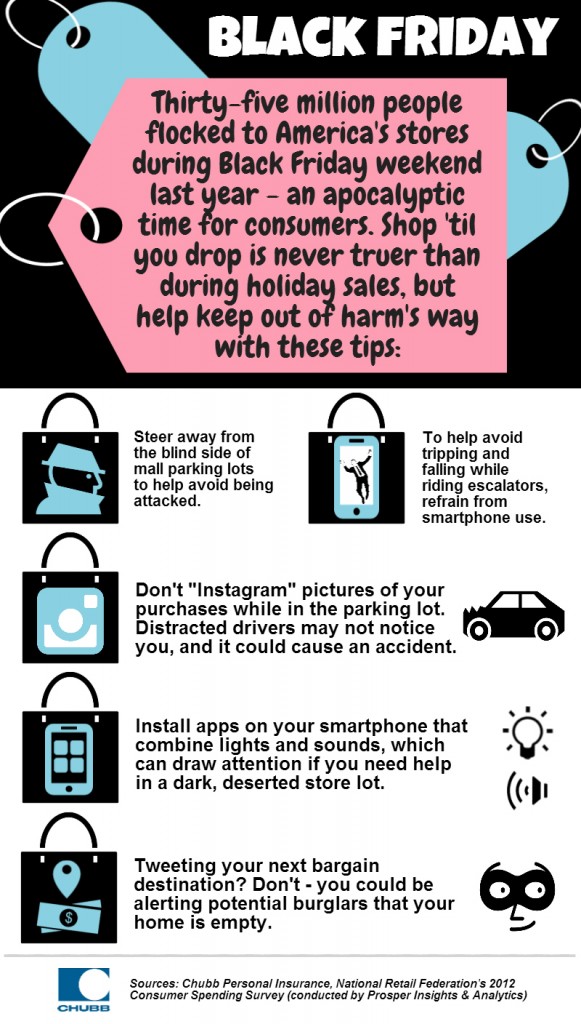
When bossess tell employees they have to travel to dangerous locations — effectively asking them to put their company’s profits ahead of personal safety — workers are increasingly saying thanks, but no thanks. According to a new report by the insurer Chubb, nearly one-fourth of people surveyed would refuse to go on a business trip to a location they consider dangerous unless their employer provided them with emergency medical and other services. In all, 23% of business travelers said they would refuse to go on the business trip, 21% said they go but would refuse to go on the next trip, and 14% would go but look for a new job after returning.
Workers apparently become more willing if services are provided, however. If their employer provided access to reliable emergency medical services, 42% said they would go on the assignment, and 47% would travel if their employer provided pre-travel information about the country. If their employer provided access to legal assistance abroad, 38% would agree to go.
“Organizations that fail to address the risks may lose employees as the economy improves, and even face reputational damage and legal liability,” said Jim Villa, senior vice president of Chubb’s accident and health business.
Chubb, not so surprisingly, offers some products and services to mitigate travel to high-risk locations. As do others. I spoke with Charlie LeBlanc, an exec at ASI Group, last year following all the turmoil in Egypt. With Cairo in chaos, he helped several Westerners get out safely.
Here’s an excerpt of the piece I wrote at the time.
Having traveled to Egypt many times, he knew there were many foreign nationals living and working there who would need assistance when the riots broke out. He did not know there were close to 80,000 expats, however. And he never imagined there would be an event so widespread that so many would need his company’s advice at once. “It seemed like all 80,000 were calling at the same time,” said LeBlanc. He expects that this will be the largest event of this type that he will ever come across. “We can’t envision a larger-scope scenario,” said LeBlanc. “You know, short of Armageddon.”
LeBlanc’s company is who you want to call if you are trapped in such a situation. Through a 2008 acquisition, his ASI Group, which was founded in 1989 as Air Security International, became part of MEDEX, a travel assistance and international medical insurance provider that works with insurers including Travelers and Chubb.
Immediately following the unrest in Egypt, the ASI team had some 30 corporate clients seeking consultation on how to keep their employees safe. All told, the company directly chartered more than 800 people out of Egypt in short order.
There were many others who wanted advice but wound up on State Department flights. ASI provided them with information on where they needed to go and how to sign up to get evacuated, but they made final arrangements on their own. LeBlanc does not know how many cases of indirect assistance his firm was involved in. “We stopped even counting,” he said.
For most people, all they wanted was a way out of the country. “When you’re talking to these folks,” said LeBlanc, “they’re frustrated, they’re upset, they’re discouraged and some of them…are worried that they’re not going to be able to get off the ground.”
Situations like this help illustrate that travel assistance services can be of value. The Arab Spring scenario was unprecedented in many ways, but it’s likely that companies working in the Middle East or other treacherous locations may find themselves in need of help when their employees get stuck.
And according to this latest Chubb survey, it will be increasingly harder to even get them to go in the first place if you have no plan to help them out when trouble arises.



